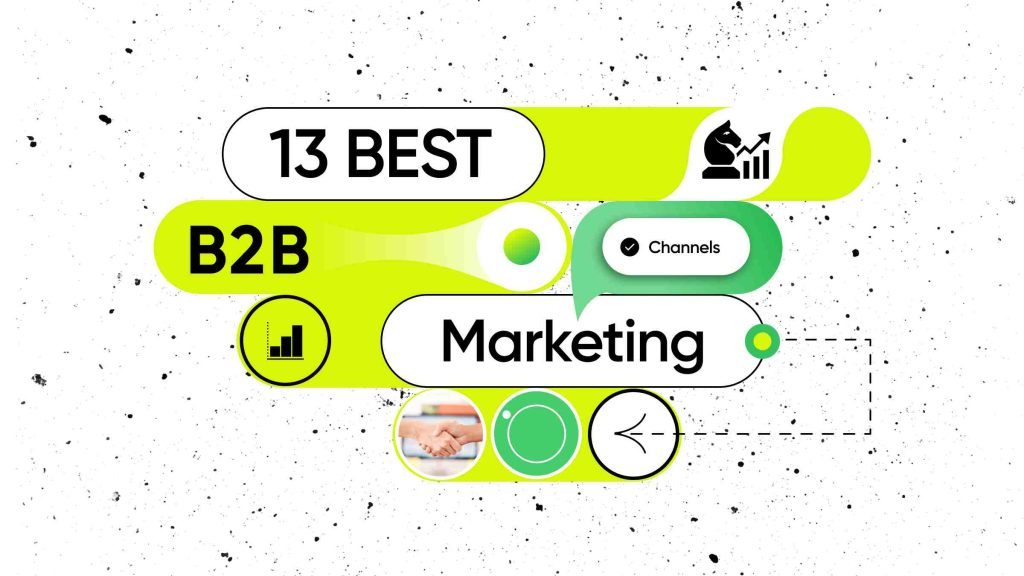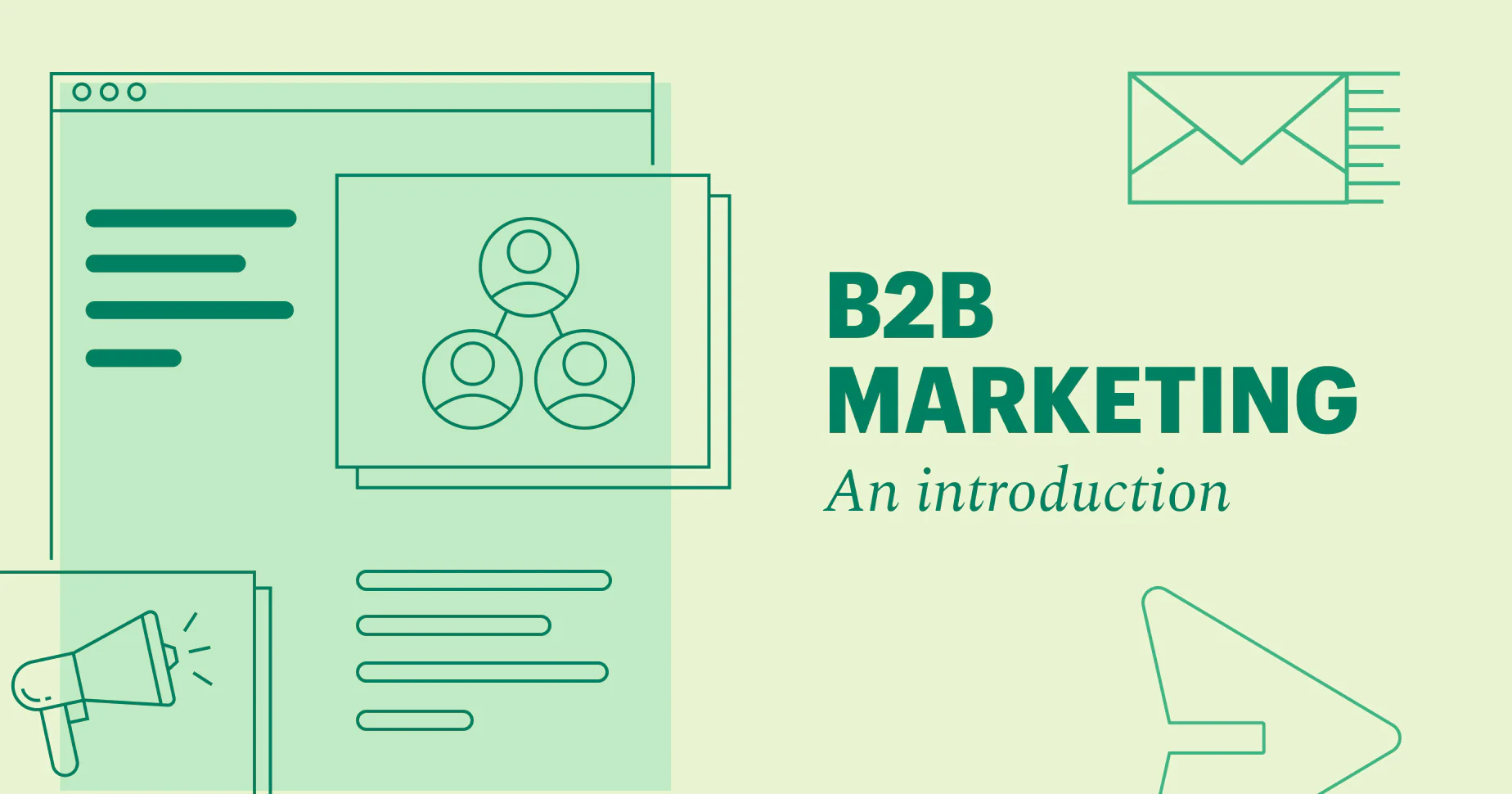B2B marketing involves the promotion and sale of products or services from one business to another. Unlike B2C, where the focus is on individual consumers, B2B transactions cater to the needs of businesses as entities. The B2B landscape is diverse, encompassing industries ranging from manufacturing and technology to services and consultancy. In this complex ecosystem, understanding the intricacies of each business, industry trends, and the unique challenges faced by potential clients becomes paramount.
Key Components of B2B Marketing Strategies:
Targeted Messaging and Positioning:
Identify Key Decision-Makers:
In B2B transactions, decisions often involve multiple stakeholders. Identifying and understanding the roles of key decision-makers within a business is crucial. Tailor messaging resonates with the concerns and priorities of executives, managers, and influencers involved in the decision-making process.
Clear Value Proposition:
Articulate a clear and compelling BPJS88
value proposition. Highlight how your product or service addresses specific pain points, improves efficiency, or adds measurable value to the client’s operations. Use case studies and testimonials to reinforce the tangible benefits.

Relationship Building and Networking:
Industry Events and Trade Shows:
Actively participate in industry-specific events and trade shows. These platforms provide opportunities to network, showcase products, and stay abreast of industry trends. Face-to-face interactions help build trust and establish a personal connection.
Strategic Partnerships:
Explore opportunities for strategic partnerships within your industry. Collaborating with complementary businesses can expand your reach, enhance offerings, and create a mutually beneficial ecosystem.
Content Marketing:
Educational Content:
Develop content that educates your target audience. B2B clients often seek in-depth information to make informed decisions. Whitepapers, industry reports, and educational webinars can position your business as a thought leader in the field.
Customized Content for Each Stage:
Provide informative content in the awareness stage, detailed product/service information in the consideration stage, and case studies/testimonials for the decision-making stage.
Digital Presence and Online Marketing:
Optimized Website:
B2B buyers often conduct extensive online research before engaging with a potential supplier.
Paid Advertising and Social Media:
Utilize paid advertising strategically, targeting relevant keywords and demographics. Social media platforms are valuable for B2B reach; LinkedIn, in particular, is a powerful tool for connecting with businesses and professionals.
Data-Driven Decision Making:
Analytics and Metrics:
Implement robust analytics tools to track the performance of your marketing efforts. Monitor key metrics such as lead conversion rates, customer acquisition costs, and return on investment.
CRM Systems:
These systems streamline communication, track customer preferences, and enable personalized engagement.
Maximizing Deals in B2B Marketing:
Offer Customized Solutions:
Tailor Products/Services:
B2B clients often have unique requirements. Customize your offerings to meet the specific needs of each client. Demonstrating flexibility and a willingness to adapt to their challenges can set your business apart.
Collaborative Approach:
Instead of presenting a one-size-fits-all solution, adopt a collaborative approach. Work closely with clients to understand their objectives and co-create solutions that align with their business goals.

Provide Exceptional Customer Service:
Dedicated Account Managers:
Assign dedicated account managers to clients. This fosters a direct line of communication, ensures personalized service, and establishes a point of contact for any concerns or inquiries.
Post-Sale Support:
Offering robust post-sale support is crucial. Timely responses to queries, efficient troubleshooting, and ongoing support contribute to client satisfaction and can lead to repeat business.
Negotiation Skills and Flexibility:
Strategic Pricing:
Develop a strategic pricing strategy. Understand the budget constraints and financial objectives of your clients. Offer transparent pricing structures and, when possible, be flexible in negotiations.
Value-Added Negotiations:
Instead of focusing solely on price, emphasize the value your products or services bring. Highlight additional features, extended warranties, or training opportunities as part of the negotiation process.
Build Long-Term Relationships:
Regular Communication:
Maintain open and regular communication with clients. Provide updates on new offerings, industry trends, and relevant insights. Building a sense of partnership encourages long-term relationships.
Feedback Loop:
Establish a feedback loop with clients. Solicit their opinions on your products/services and actively incorporate constructive feedback into your offerings. This collaborative approach strengthens the client-provider relationship.
Adapt to Market Dynamics:
Market Intelligence:
Stay informed about changes in market dynamics, industry regulations, and emerging trends. Being proactive in adapting to these changes demonstrates foresight and positions your business as a reliable and forward-thinking partner.
Agility and Innovation:
Embrace agility and innovation in your business. B2B clients appreciate partners who are not only responsive but also capable of introducing innovative solutions that contribute to their success.
In the realm of B2B marketing, success extends beyond individual transactions; it hinges on building enduring partnerships. By understanding the intricacies of your target market, employing strategic marketing approaches, and prioritizing relationship-building, businesses can maximize deals and foster relationships that withstand the test of time. Business-to-business marketing is an ever-evolving journey, and those who navigate it with adaptability, innovation, and a customer-centric mindset are poised for sustained success in the dynamic landscape of business interactions.
